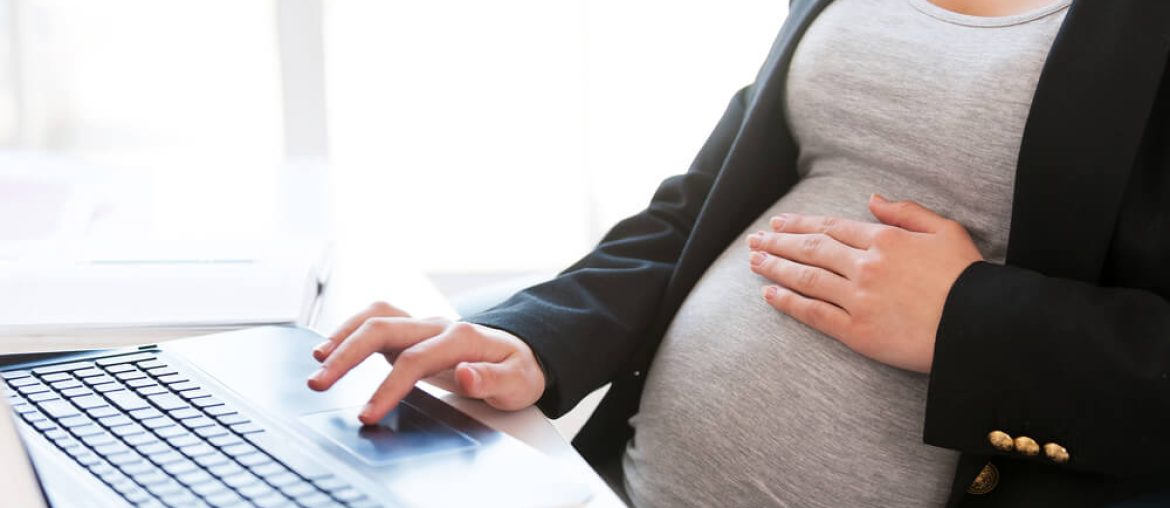What is group B strep (GBS)?
GBS is one of many common bacteria that live in the human body without causing harm in healthy people. GBS can be found in the intestine, rectum, and vagina in about 2 of every 10 pregnant women near the time of birth. GBS is not a sexually transmitted infection and does not cause any vaginal symptoms.
When does GBS cause infection?
GBS can cause your baby to get pneumonia or a blood infection if your baby gets GBS from your vagina during birth. Full-term babies whose mothers carry GBS in the vagina at the time of birth have a 1 in 200 chance of getting sick from GBS during the first few days after birth. Women who have GBS in their vagina during labor can get an infection in their uterus.
How do I know if I carry GBS?
Some women have GBS all the time. In many women, it grows in the vagina at times then goes away and comes back again later. During a prenatal visit when you are between 35 and 37 weeks pregnant, you or your health care provider will collect a sample by touching the outer part of your vagina and just inside the anus with a sterile Q-tip. If GBS grows from that sample, you will be told that you carry GBS and this will be recorded in your chart.
How can newborn infection from GBS be prevented?
If your culture is positive for GBS within 5 weeks of giving birth, it is very likely that you will still have GBS in your vagina when you go into labor. Your health care provider will recommend that you receive the antibiotic penicillin during labor. GBS is very sensitive to penicillin and is easily removed from the vagina. A few IV doses of penicillin given up to 4 hours before birth almost always prevents your baby from picking up GBS during birth.
Do I have to wait for labor to take penicillin?
GBS is usually not harmful to you or your baby before you are in labor. GBS is easy to remove from the vagina, but it is not easy to remove from the intestine. If you take penicillin before you are in labor, GBS will return to the vagina as soon as you stop taking the medication, which does not get rid of GBS in your intestine. It is best to take penicillin during labor when it can get rid of the GBS in your vagina quickly and best prevent your baby from getting sick. The one exception is that GBS can occasionally cause a urinary tract infection during pregnancy. If you get a urinary tract infection, you should be treated with antibiotics at that time. You should also receive penicillin again when you are in labor.
What if I don’t have time to get penicillin while I’m in labor?
If you carry GBS in your vagina at the time of birth and are not able to receive penicillin before your baby is born, your baby will be watched closely for signs of GBS infection. Almost all babies who develop GBS infection will show signs within 24 hours of being born.
How do I know if my baby has a GBS infection?
If your baby gets a GBS infection, symptoms include difficulty breathing (including grunting or being pale), problems with temperature (too cold or too hot), difficulty breastfeeding with more spitting up than usual, or extreme sleepiness that interferes with breastfeeding.
What is the treatment if my baby has a GBS infection?
If the infection is caught early and your baby is full-term, most babies will completely recover with IV antibiotic treatment. Of the babies who get sick, about 1 in 6 can have serious complications. Some babies who are very sick will die. In most cases, if you carry GBS in the vagina at the time of birth and are given IV penicillin in labor, the risk of your baby getting sick is very rare (about 1 in 4,000).
What if I’m allergic to penicillin?
Penicillin is the best antibiotic for preventing GBS infection. However, women who are allergic to penicillin can receive different antibiotics during labor. Tell your health care provider if you are allergic to penicillin and what symptoms you had when you had that allergic reaction.


















